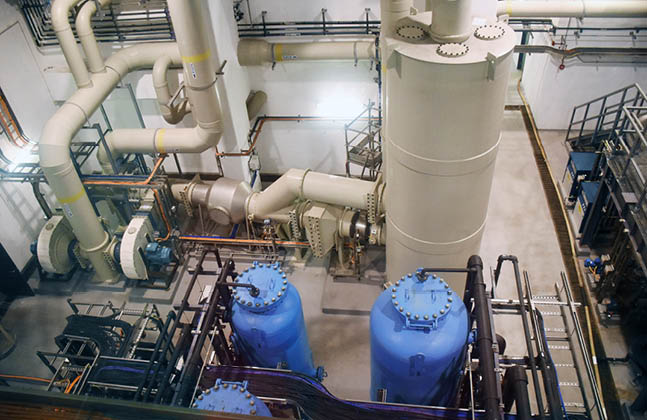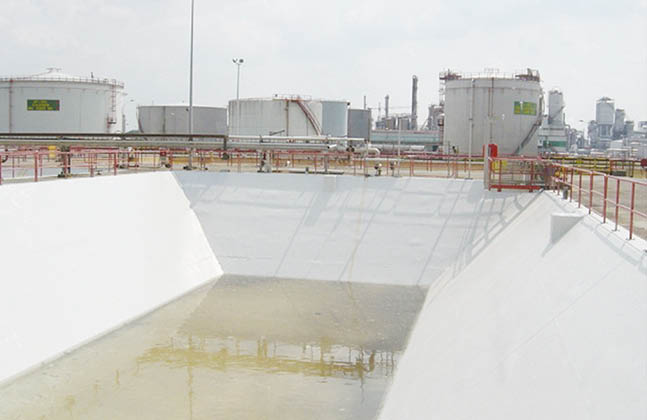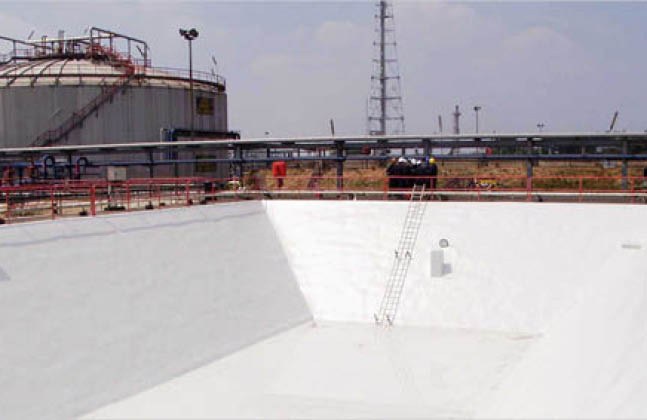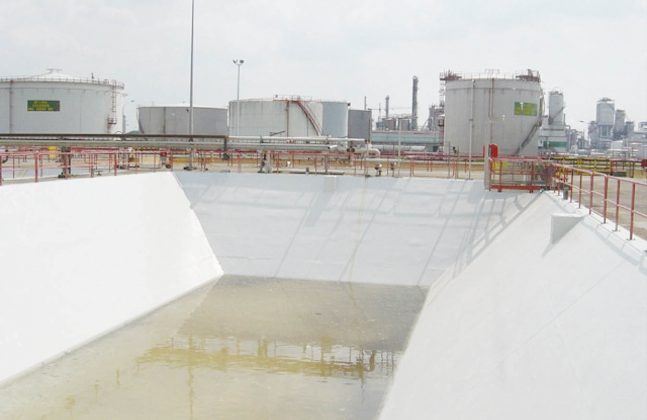If we’ve said it once, we’ve said it a hundred times, but specifying the right materials for a facility’s walls or floors is incredibly important. There is no point spending money on a beautifully finished floor for your wet room for example, if the floor has zero slip resistance. It may look good, but it will put your staff and visitors at risk.
When specifying materials for your facility, consulting the advice of flooring specialists is invaluable, especially for harsh environments that may need specialised products. One such system is vinyl ester.

Some facilities may need more durable coatings than others
What is Vinyl Ester?
Vinyl ester is a resin-based coating system with specialised chemical, thermal and mechanical resistance. Most often, vinyl ester systems are hand or spray applied and can be specified in a variety of colours.
Some varieties include gloss, self-levelling, roller coat and heavy duty options.
Where Should Vinyl Ester be Used?
With its outstanding chemical resistance, vinyl ester is designed to protect concrete and metal structures that are subject to continuous or occasional exposure to heavy-duty chemical, thermal or mechanical attack.
This system can be used as an alternative to acid bricks, and is ideal to use as linings for tanks and secondary containment areas that hold very hot and corrosive acids (up to 150°C).

Containment tanks must be lined with reliable, robust and chemical resistant materials
When Should Vinyl Ester be Used?
It is important to note that while this is a floor coating, it is much more often used as a chemical containment or tank lining system. Flowcrete Group’s Technical Director, Grant Adamson, was chatting to us here at Allthingsflooring.com recently. Grant advised us that in most instances where anticipated spillages of aggressive chemicals dictate the necessity of a vinyl ester system, such areas are likely to become hazardous to foot traffic. So from a health and safety perspective, these areas should be designed as a contained area rather than a trafficked floor.
What are the Benefits of Vinyl Ester?
- The strong chemical, thermal and mechanical resistance makes it one of the most robust solutions for areas exposed to such challenges.
- Most vinyl ester systems are multi-layered for improved durability.
- Ultra tough systems reinforced with glass fibres are available.
- In some systems, a surface veil sits just below the colour layer and is there to protect the surface from any protruding glass fibers. If fibers can penetrate the floors coating, then chemicals can reach the layers and cause damage.
- A good alternative to acid brick, particularly as it avoids the joints required for acid brick which can trap substances and impede cleaning.

Chemical resistance is a key property to avoid leaks in the containment tanks
What are the Disadvantages of Vinyl Ester?
- This system does give off a strong odour, and so should be applied in well ventilated areas.
- Although it is fast-curing, work should only commence when the odour is completely gone, as this can cause harm if inhaled.
Would you like to know more about this system? Feel free to comment below and our flooring experts will get back to you.





